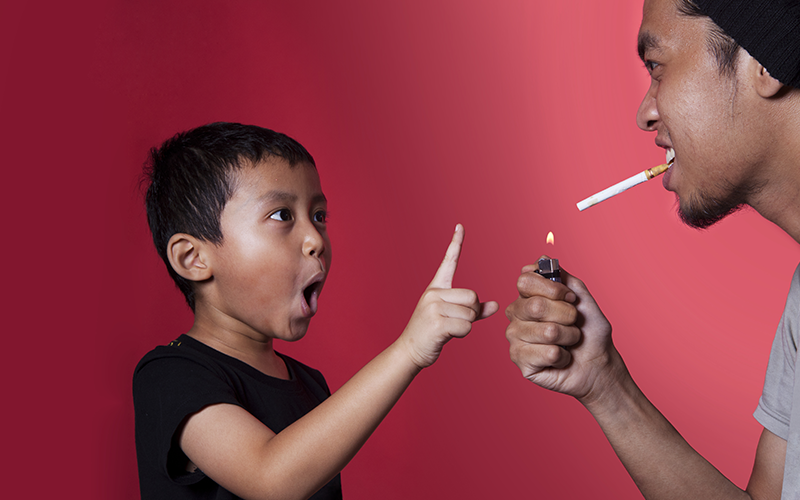
Cigarette smoke reduces the efficacy of desmopressin as a treatment for children with primary monosymptomatic nocturnal enuresis (PMNE), a recent study has shown.
Researchers retrospectively reviewed the medical records of 81 children (mean age, 9.98±2.62 years; 58.0 percent male) with PMNE who were being treated with 120 mcg sublingual desmopressin. Treatment response was assessed after 3 months. The primary outcome was the impact of cigarette smoke exposure, measured through interviews with the family, on treatment response.
Majority (76.5 percent; n=62) of the participants had severe PMNE symptoms and over half had more than one episode of incontinence per night. The mean number of wet nights a week was 6.24±1.21. More than half were passively exposed to smoke at home.
Notably, while most smoking family members reported engaging in the habit in another room or on the balcony, 25.5 percent said they smoked in the same room as the child. At night, 12.3 percent of the children slept in the same room as the smoker.
After 3 months of treatment, most of the children showed complete response to desmopressin. Exposure to smoke was 40.4 percent in this group, as opposed to 90.9 percent in the subgroup of nonresponders (p=0.002).
Moreover, failure of treatment, characterized as partial and nonresponse, was 55.8 percent in those with smoke exposure, significantly greater than the 26.4-percent failure rate in those without such exposure (p=0.001). Failure was also greater in patients whose parents smoked in the same room (p=0.009).